Remembering Man Utd Legend George Best on What Would Have Been His 73rd Birthday
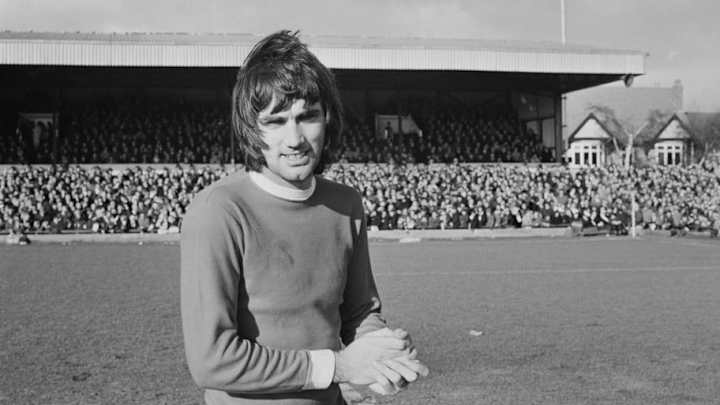
George Best remains the single greatest football talent ever produced by the island of Ireland, and even 15 years since his untimely death at the age of 59, and 45 years since he last kicked a ball for Manchester United his memory and legacy still lives on.
Today, 22 May 2019, would have been Best's 73rd birthday.
Today, we remember the late, great George Best on what would have been his 73rd birthday. pic.twitter.com/3Ll0ay1eJS
— Manchester United (@ManUtd) May 22, 2019
Best's talent has become the stuff of legend, his star shined so bright, even if relatively briefly. He was a first team debutant at 17 years of age, a First Division champion three weeks before he turned 19, and a star of Europe a few months later after destroying Benfica in Lisbon in 1966.
By 1968, with another First Division championship in the bag, Best had helped United fully emerge from the darkness of the Munich Air Disaster a decade earlier as the club again famously beat Benfica, this time to become the first English team to win the European Cup.
That was the year that Best received the Ballon d'Or, the third United player of the 1960s to do so after Denis Law (1964) and Bobby Charlton (1966). He was just 22 years old and the youngest player at that time to have won the prestigious individual honour.
His record remained intact for 29 years until 1997 when a 21-year-old Ronaldo won it, while Best still remains the fourth youngest winner of all time after Michael Owen (2001) and Lionel Messi (2009) won aged 21 and 22 respectively.
George Best receiving the 1968 Ballon d’Or, with Max Urbini, Bobby Charlton, Denis Law and Matt Busby: pic.twitter.com/8OiEEBPlv5
— MUFC History (@MUFC_Gallery) October 2, 2014
"At the time when he first got in the [Manchester United] team, no one had seen his like before: someone who was so small and tough, who would go into tackles, but also had the ability to turn people inside out and beat anyone he liked," Bobby Charlton told FourFourTwo last year.
"George was as good as anyone you will see; he used to embarrass players time and time again."
Best was a winger, but in the 1967/68 campaign alone he scored 32 goals in all competitions. What's more, he managed at least 20 goals each season after that until 1972, by which time he was fighting a losing battle as a vibrant star at the peak of his powers surrounded by a declining team. Those who came in to replace the ageing heroes of 1968 usually weren't good enough.
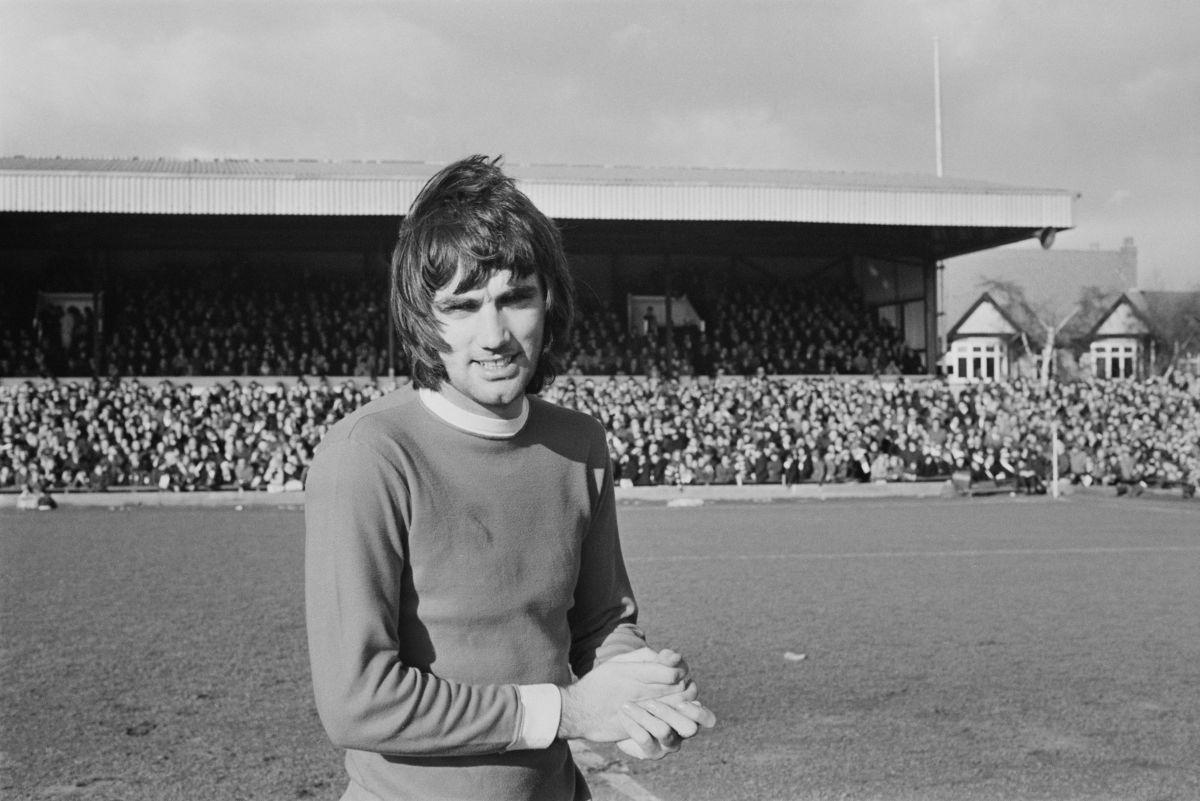
A six-goal haul in the FA Cup against Northampton in 1970 was a post-European Cup highlight for Best. But as the 1970s progressed and United started to struggle to maintain old standards, the player became more and more frustrated and more and more distracted. He would miss training to spend time with models and frequent nightclubs and by 1973 had twice announced his retirement.
He finally left United aged just 27 in 1974, playing his final game for the club midway through the season that relegated them, only six years after being crowned European champions.
Asked if something could have been done to help save Best, Charlton admitted to FourFourTwo: "Probably, yes, but he was such an individual and because he had an exceptional talent, the things he did were excused and overlooked. People didn't mind putting up with the odd problem as long as on the pitch he scored goals and entertained the crowds."
Because he was so relatively young when he and United parted ways, Best is remembered as having had a short career, a player whose star burned brightly but quickly. Yet a detail perhaps overlooked is that he had 11 seasons with United, playing 470 games and scoring 179 goals.
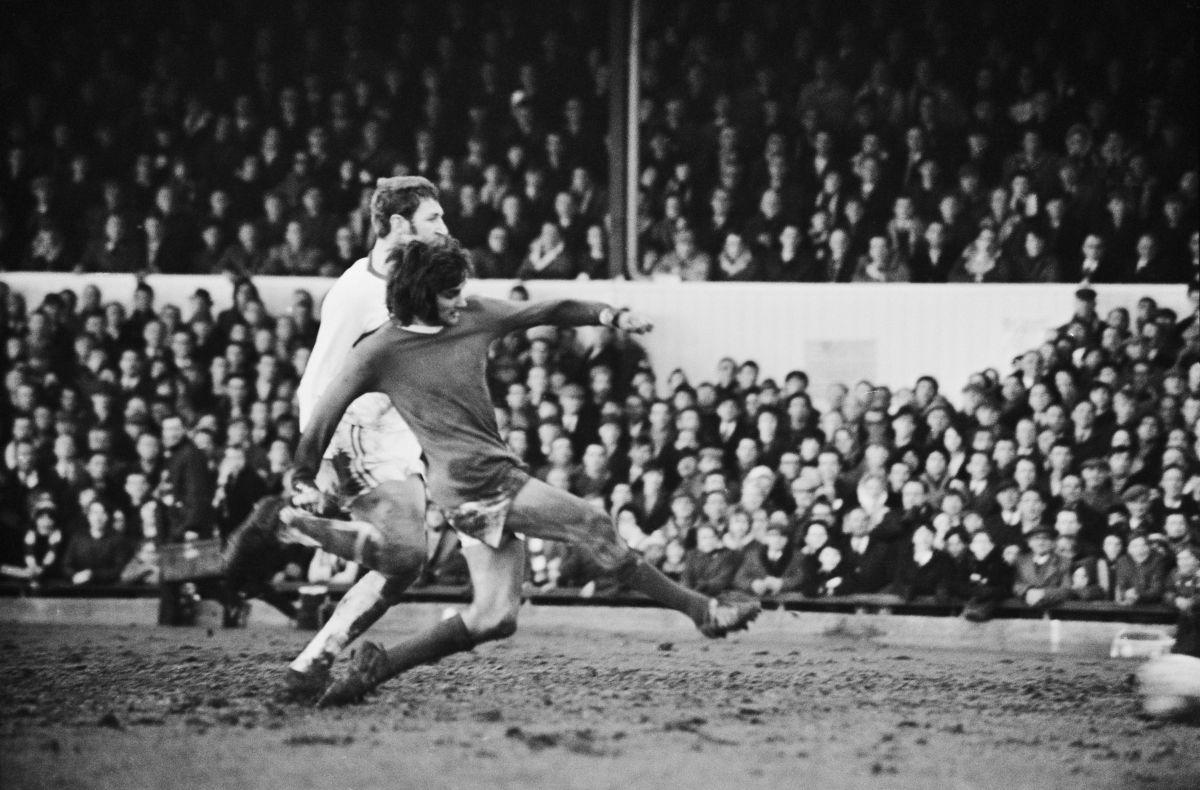
That's an awful lot of football and, as such, only 13 players have ever played more games in a United shirt, while he remains joint fifth on the club's all-time goalscorer list.
After leaving United, Best embarked on what can only be described as a journeyman career. When he returned to football a number of months after his Old Trafford, he wound up at Stockport County, before time in Ireland, a spell with Fulham, three stints in North America, a move to Scotland, Bournemouth, Australia and finally one last game in Northern Ireland in 1984.
When he finally hung up his boots for good, Best had played almost 750 games for club and country over a 21-year period, between the ages of 17 and 38.
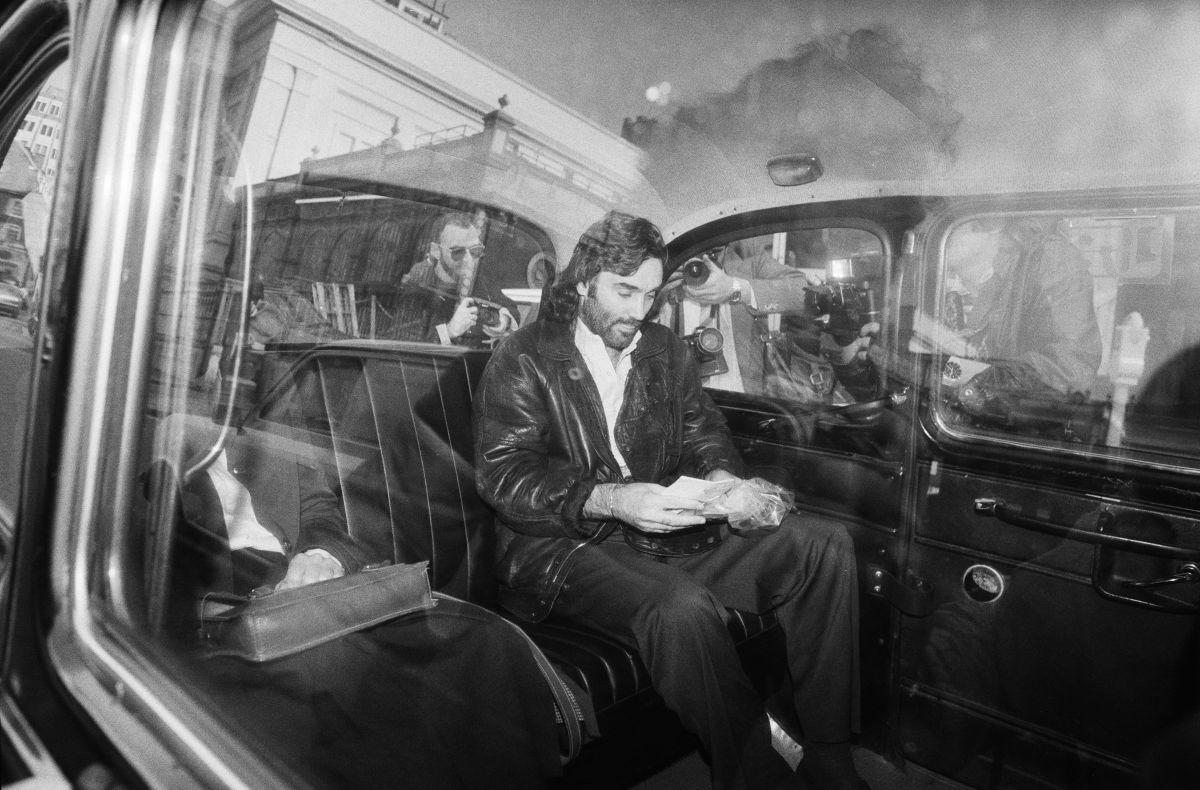
Speaking to Irish website The 42 in 2015, award winning sports writer Duncan Hamilton noted: "I think the biggest myth about George Best is that drink brought an end to his football career. It was the football that led him into drinking. There's no doubt about that.
"The fact is that after 1968, he thought that Manchester United would be the next Real [Madrid]. He thought they would continue to win the European Cup. He thought they would be built around him. He thought his peak would come at 29 years old. And he thought he would carry on winning medals. Because that's virtually what he had done every season since he'd made his debut."
Best's infamous alcoholism began during his playing career and worsened throughout the 1980s. By 2000, he was diagnosed with severe liver damage and underwent successful yet controversial liver transplant surgery in 2002.
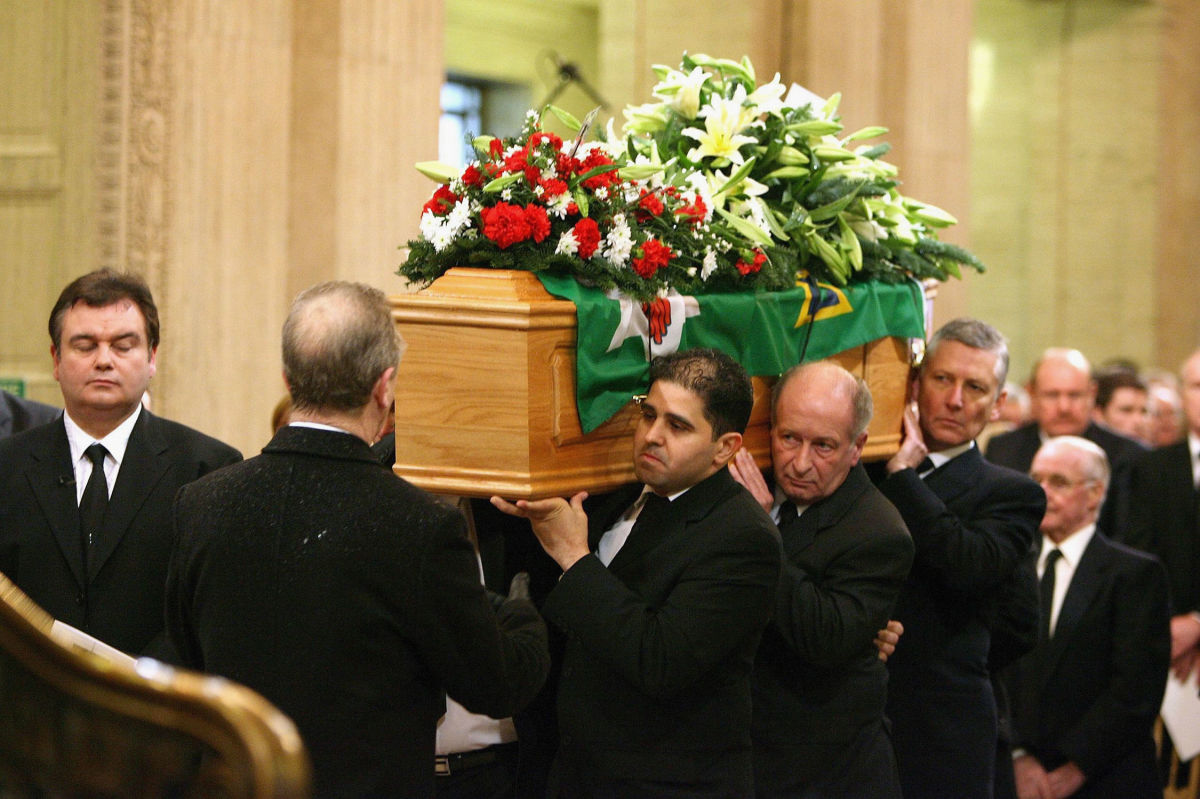
Yet he continued to drink and was eventually admitted to hospital again in 2005. This time, he never left, dying seven weeks later. His final message, a picture from his hospital bed, suffering from liver failure, warning against the dangers of alcohol, with the caption, 'Don't die like me'.
